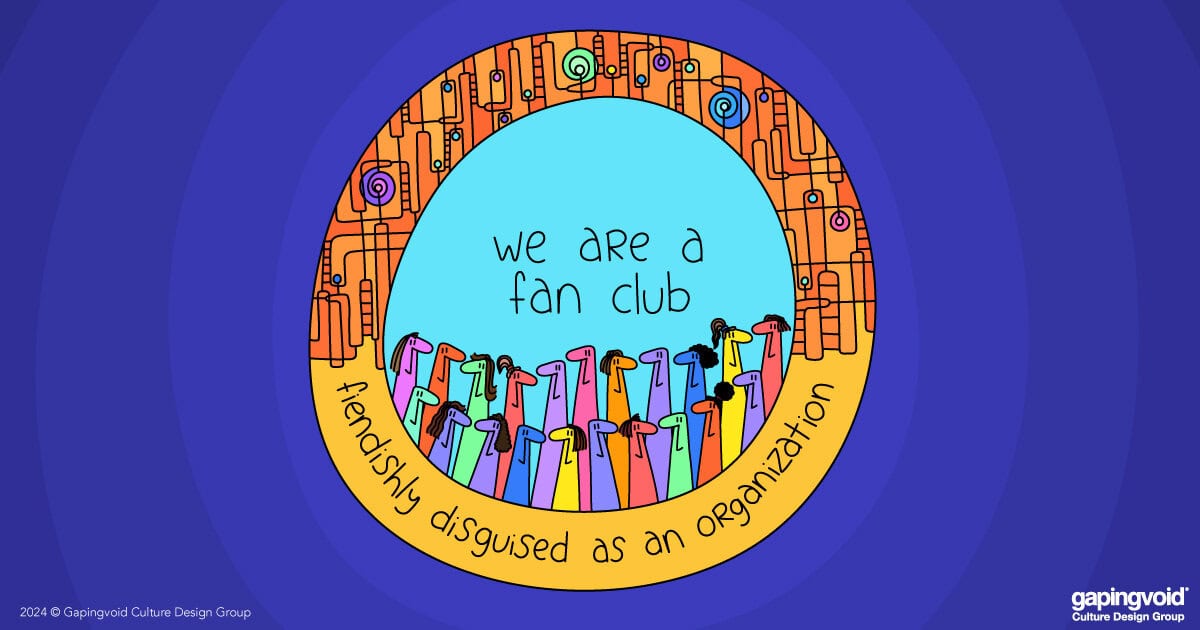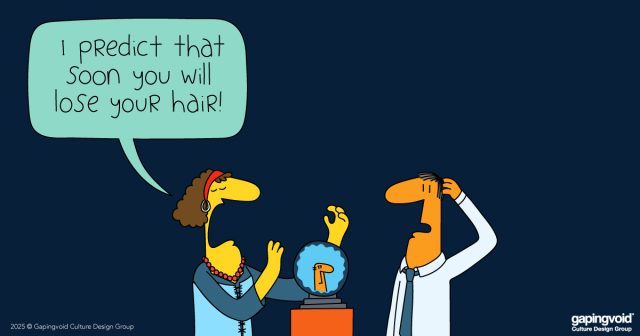
We all know at least one person. The Superfan. They aren’t just a Star Trek nerd, everybody attending their wedding came dressed as Klingons. Not just your average Taylor Swift enthusiast, but a Swiftie, someone who gets a second mortgage just for concert tickets.
A Superfan is someone who allows what normally would be a minor interest, to become a major pillar of their identity.
They’ve been around forever. The question is what drives superfans to begin with? And as the WSJ recently posed, what if they’ve figured out something that the rest of us haven’t?
While we may pride ourselves on our independence, humans are fundamentally community-seeking creatures. And yet for many of us, community is more elusive than ever before.
As Rachel Feintzeig highlighted, “58% of Americans are lonely. Religion is fading. Work doesn’t love us back. Maybe letting ourselves be obsessed with that highly specific and possibly weird thing we love is the answer.”
Superfans unabashedly find their tribe, and in doing so tap into something that transcends the ordinary. As one Grateful Dead Superfan put it “I know what it means to have something crawl up inside of you and almost take you over.”
We can think it’s silly, but the benefits of community at this level far outweigh the cons. It’s actually good for us, given that loneliness is said to increase the risk of premature death by upwards of 25%.
But it can also be useful (outside of living longer that is). What if leaders tap into this same obsession in the office? What if our teams attacked business problems and projects with the same fervor as a ComicCon Cosplayer?
We’re not suggesting everyone starts bringing light sabers to meetings or dressing up like Jerry Garcia, but perhaps the DNA of the greatest superfan communities and the world’s greatest workplaces have more in common than we might think.
Just maybe, we should start calling bullshit on this “Work doesn’t love us back” idea and start putting a little more emotional heft back into the workplace. Creating deeper meaning. Stronger connections. Shared passions. Shared mission.
The true Holy Grail of business isn’t just the bottom line. It’s creating a place where people show up because they’re part of something that matters not just because they collect a paycheck. For those who capture it, this sense of belonging drives more value than any financial statement can capture.



